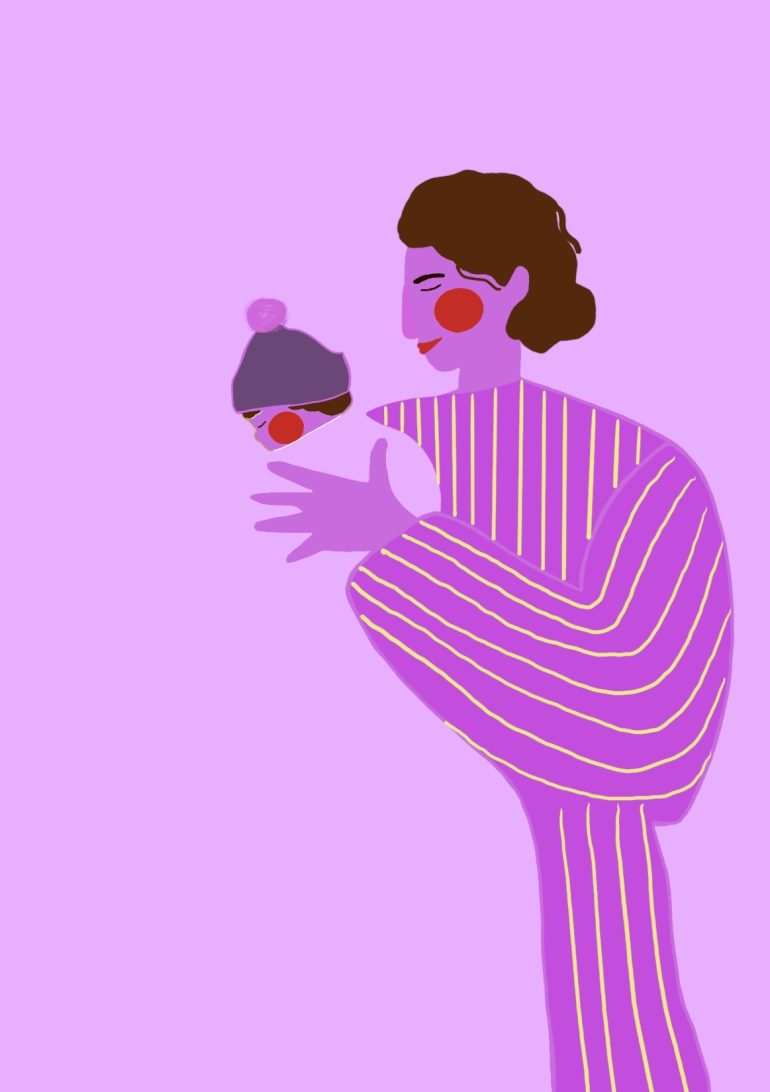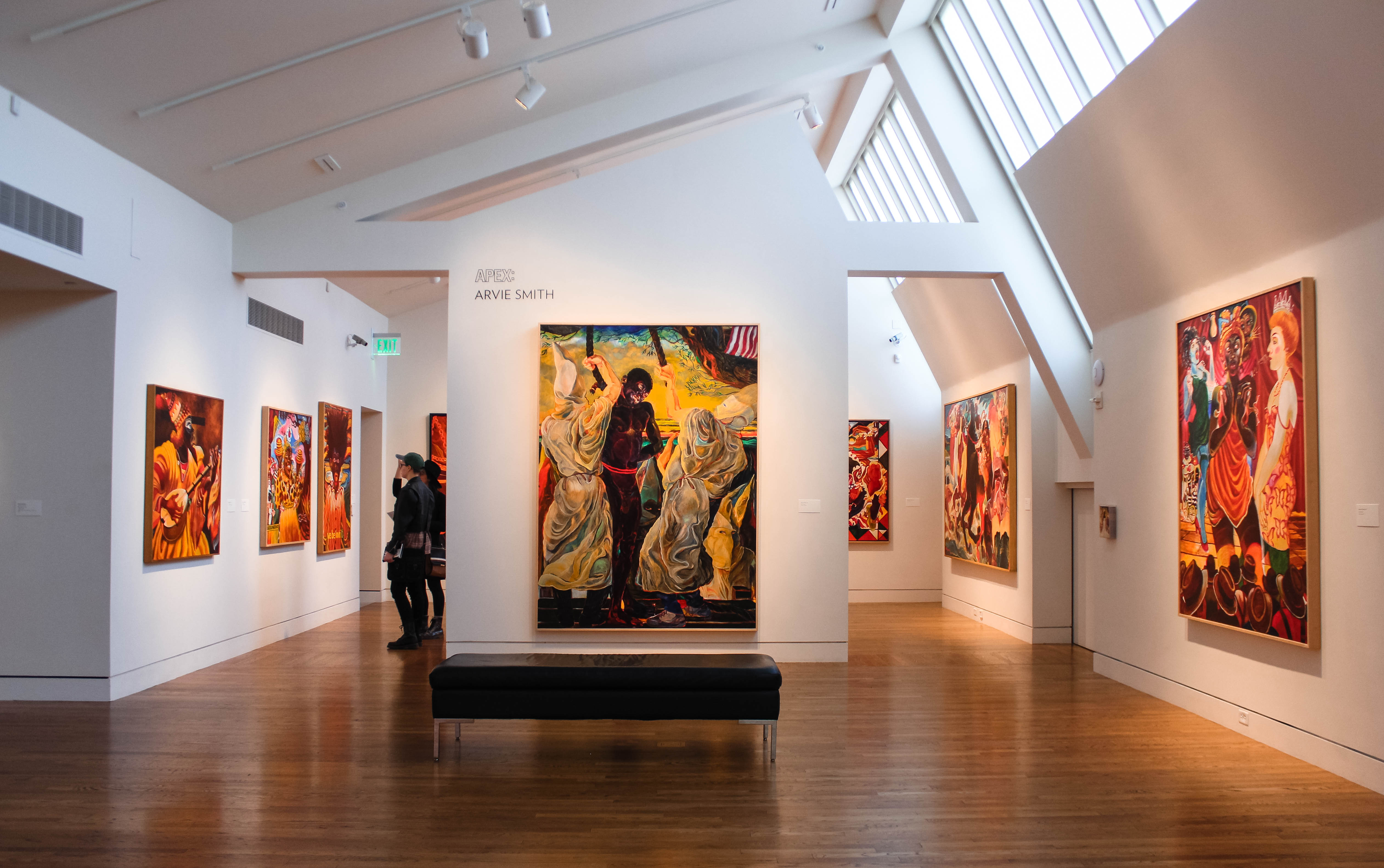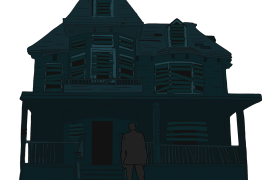Reading Ocean Vuong’s most recent poetry collection, “Time Is a Mother,” was the most beautiful way to break my heart. Vuong is a Vietnamese-American poet and author best known for his titles “Night Sky with Exit Wounds” poetry collection and his debut novel “On Earth We’re Briefly Gorgeous.” “Time Is a Mother” is Vuong’s second poetry collection which was written following his mother’s death. In the novel “On Earth We’re Briefly Gorgeous”–which I find to be an older sister to “Time Is a Mother” –Vuong touches on the fact that his mother was illiterate and could not read his life’s work. In his poetry, he touches on navigating this literacy disconnect, his grief, and the generational trauma that he is left with even after she is gone.
Vuong’s poetry is known to draw on his experience as a queer Vietnamese-American with an immigrant mother and absent father. His prose is usually set in his hometown, Hartford, Connecticut, when the Opioid Crisis was at its height in the US. However, Vuong’s poetry and prose not only shed light on his upbringing but they bring light to a dark past by finding beauty in the haunted words.
In this poetry collection, Vuong writes of his late mother as a muse–someone who was a constant against the unruliness. Someone he longed for even while she was alive. As mentioned prior, Vuong’s mother was illiterate and could not read his work. This lack of relationship between words is apparent in Vuong’s poetry. It feels as though he is reaching out to a void and hoping his mother can grasp it if he shouts loud enough. In his poem “Dear Rose” he writes,
but here no no Mom this
is your name I say pointing
to a Hồng I say which means
rose I place your finger on a flower so
familiar it feels synthetic red
plastic petals dewed with glue I leave
In this stanza, you can feel the desperation in his words to get his mother closer to his language–closer to him. He uses touch instead of sight in order to bring her closer to the world of words. Vuong expresses the innate need to connect to one’s parent by utilizing poetry as a second language.
Against the bittersweet grief, Vuong still adds brevity and light to his work. In his poem “Dear Sara” (one of my favorites), Vuong writes to his seven-year-old cousin, who described words on a page as “ants crossing a desert”. He uses this silly comparison as a way to give words legs–to lead her back through the past. He leads her through the moments that embed him and her to the past, to their relatives, to the words. He writes:
they survived
the blast by becoming
shrapnel embedded in my brain
– which alludes to the generational trauma that came from war. Though he mentions this dark past, Vuong’s tone stays hopeful. He described these “ants” like cockroaches–standing the test of time–surviving disaster. He writes “you’re right little ant / queen with your shoes / the shade of dirty paper desert / your pink & blue pens / untouched after all”. Vuong sees Sara as a symbol of future potential–of what is yet to be written. She is a generational hope that seems to soothe his grief in the form of child innocence and potential. He also finds glee in the idea that these “ants” can never truly be gone. He writes:
this family
of ants fossilized
on the page
Vuong displays his grief for the end of a life which turns into hope for a new one.
Throughout this collection of poems, Vuong displays hope and grief in the form of endings and beginnings. I see this collection as drawings of the pain and beauty that comes from grief. Vuong always has had a beautiful way with words, but through grief, he has been able to discover more ways the body can feel through words. Through the grief for his own mother, he has found that time itself is a mother–she births beginnings, raises us through moments, and nurtures us in stillness. Vuong also shows how grief is not always dark and in fact, it can bring out more beauty than we realize. In a Times interview, Vuong shares, “not all my poems are mournful, but they’re haunted by the inevitability of death, and so the urgency and even the joys that come out of them are through the knowledge of our own end. On good days, that’s also how I live,”.





